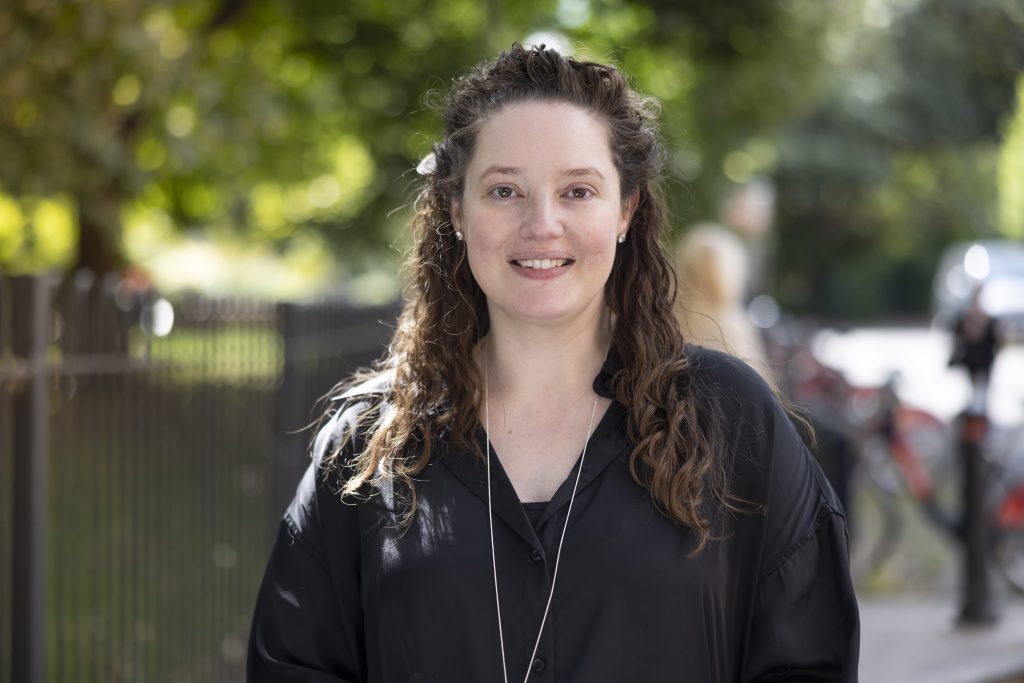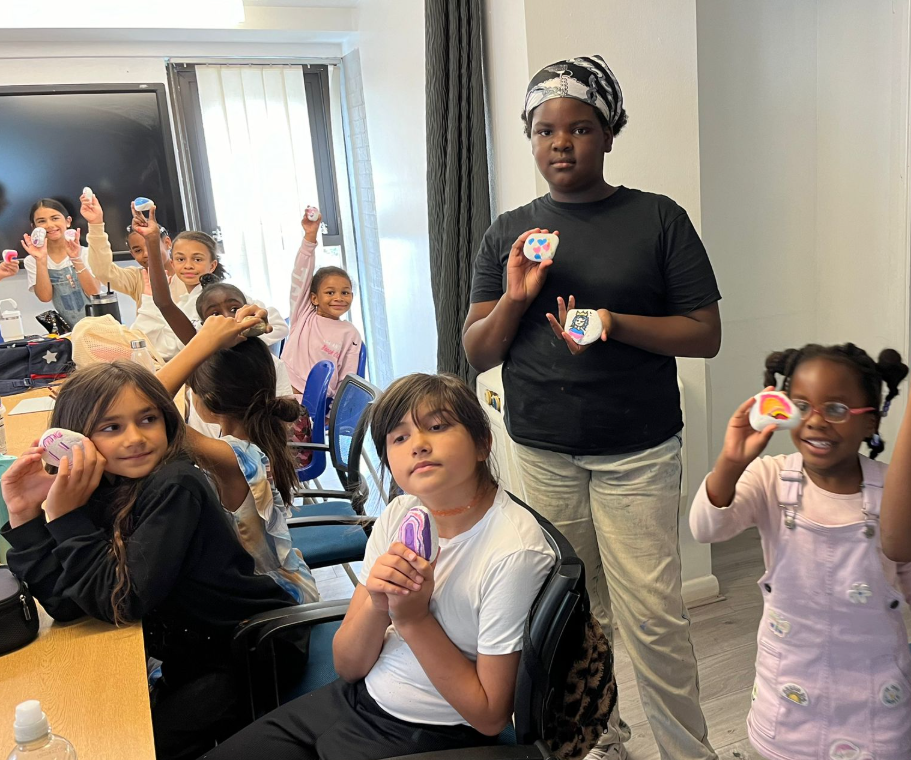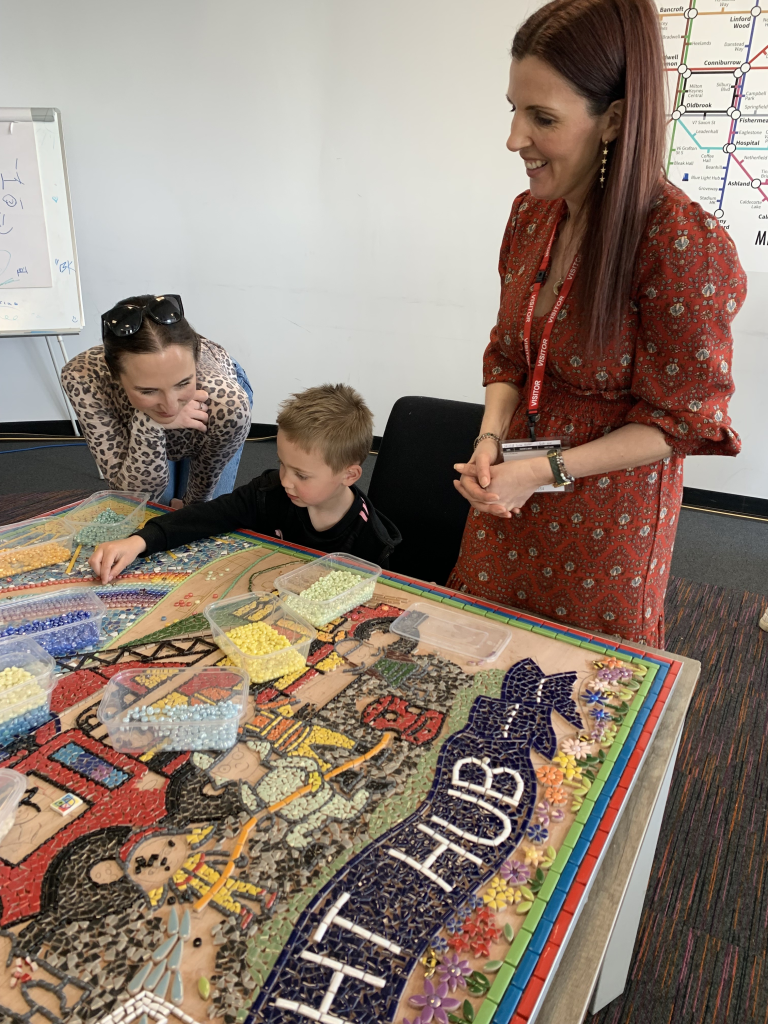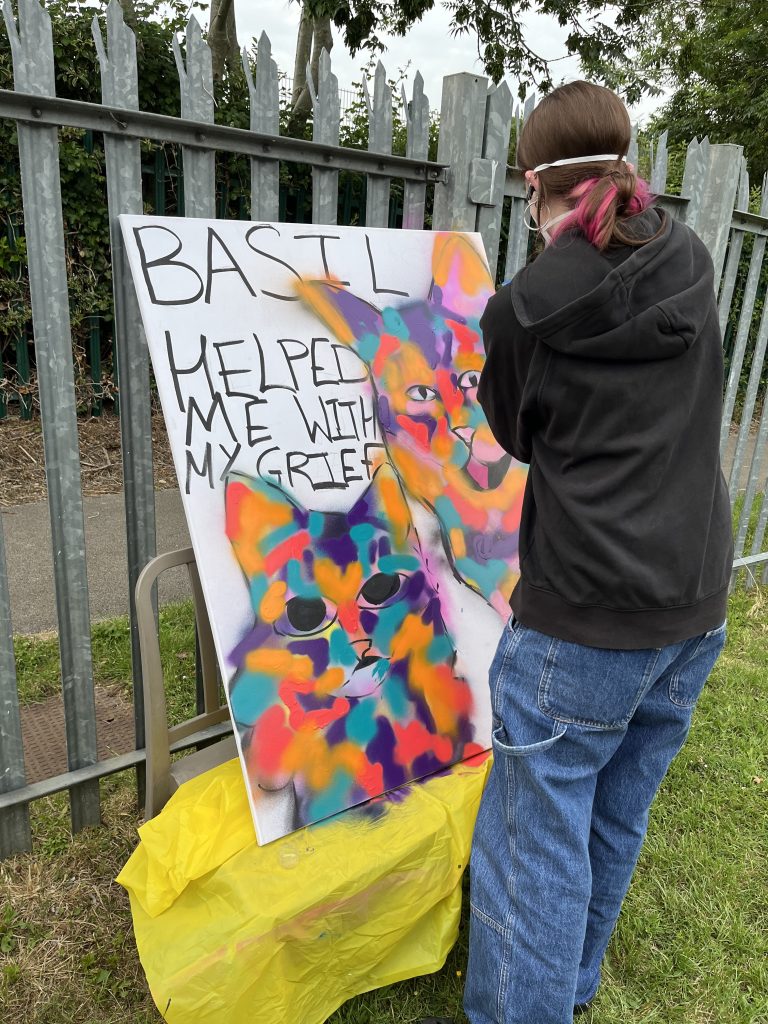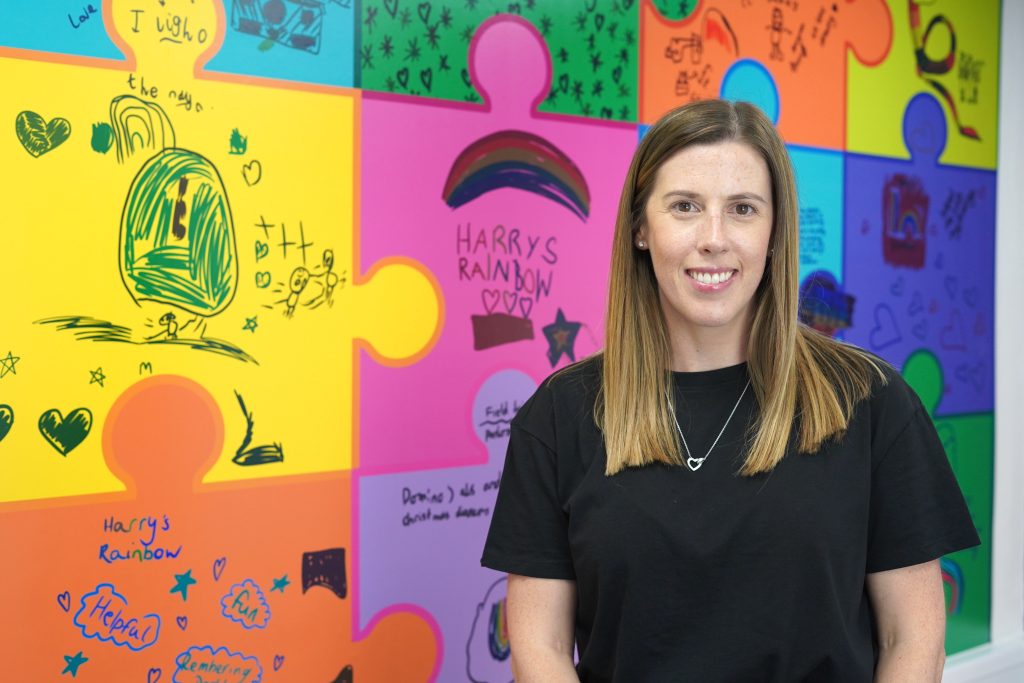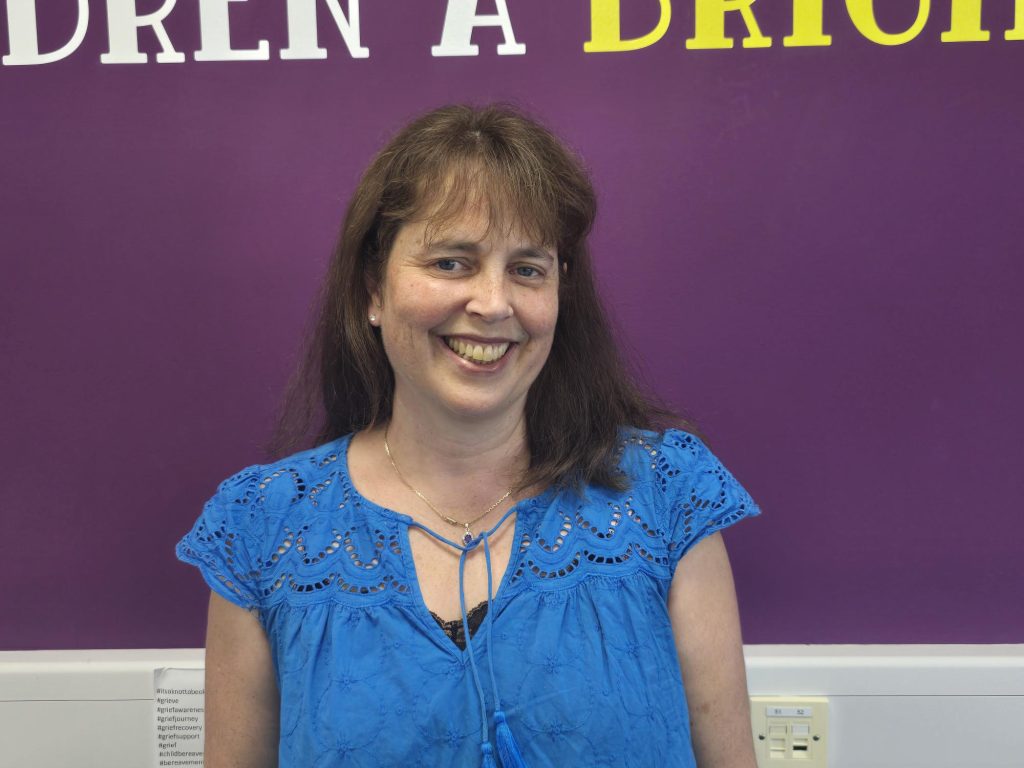- Home
- About
- Services
-
Podcast
- Podcast- For The Love Of Grief
- 1- For The Love Of Harry
- 2- Caring For Yourself Is How You Care For Others
- 3- Saying Goodbye, And Explaining To Children Where Their Loved One Is
- 4-Children Want To Feel In Control
- 5- The Things You Can Use To Help Grieving Children
- 6- How To Parent A Grieving Child, And Other Tips For Bereaved Families
- 7- How Can You Actually Help A Bereaved Family?
- 8- The School’s Role In A Student’s Grief Journey
- 9- How To Support A Child Who’s Lost A Parent
- 10- How You Can Support A Bereaved Parent
- 11- Celebrating Anniversaries And Occasions
- Support Us
- Events
- Registration
- Contact
CHILDREN WANT TO FEEL IN CONTROL

Losing a loved one is hard enough as an adult, but it’s especially hard for children, who don’t have a solid grasp of the concepts of death and grief. They are entering a new world where they have to live without someone precious to them and all the complicated emotions it brings. Including them in the decision-making process gives them a sense of control – which is something that they typically want, but find difficult to express.
Losing a loved one is hard enough as an adult, but it’s especially hard for children, who don’t have a solid grasp of the concepts of death and grief. They are entering a new world where they have to live without someone precious to them and all the complicated emotions it brings. Including them in the decision-making process gives them a sense of control – which is something that they typically want, but find difficult to express.
When involving children in decision-making, you must consider the fact that too many choices could overwhelm them, especially if they are open-ended. It’s safe to give them two choices if they’re very young, and three or more if they’re older.
Click here to listen to For the Love of Grief on your podcast app.
Key takeaways:
Just like adults, children also want to feel a sense of control when grieving.
Letting your child go back to school after losing a loved one may actually help them – it gives them a sense of normalcy and control.
Too many choices can overwhelm children – stick to two if they’re very young, and three or more if they’re older.

